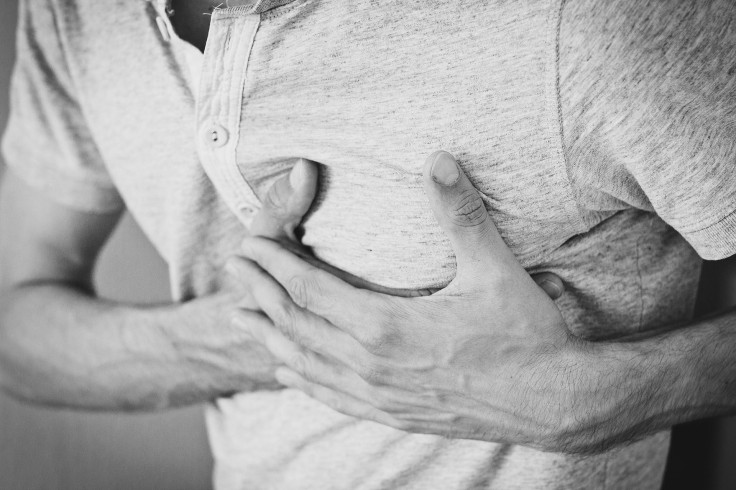Coronary Artery Disease: Pain In This Part Of Your Face Could Be A Warning Sign
KEY POINTS
- >16.5 million Americans affected by coronary artery disease
- Every 40 seconds, someone in U.S. has a heart attack
- If you experience jaw pain, seek medical help
According to recent estimates, more than 16.5 million Americans have Coronary artery disease (CAD). Apart from being the leading cause of death, someone in the U.S. has a heart attack every 40 seconds, says Cleveland Clinic.
Your heart is a muscular pumping organ that is responsible for circulating about 3,000 gallons of blood throughout your body and it receives its blood supply from the coronary arteries. When these arteries get narrowed or hardened due to fat and other substances forming a plaque, it injures the coronary arteries and causes CAD.
It not only reduces the amount of blood flowing into the heart but also makes it beat abnormally and weaken the organ. And over time, CAD can also lead to heart failure. Certain symptoms can indicate either angina or the onset of a heart attack caused by underlying CAD.
The warning sign of CAD: Jaw Pain
Symptoms such as pain in the jaw or neck region are common symptoms associated with angina. Such discomfort or pain can arise from poor blood flow to part of the heart’s muscles. Though angina presents as pain or discomfort in the chest, it can also appear in several guises. In most cases, people often delay getting medical attention or help because of being unsure about the symptoms. Delayed treatment in such cases can lead to bad consequences.
If you are experiencing jaw pain and are suspecting a heart attack, seek medical help immediately. The sooner you get treated, the better are the chances of your survival, says Healthline.
Other symptoms of CAD include:
- Dizziness
- Nausea or vomiting
- Digestion issues such as indigestion or heartburn
- Weakness or fatigue
- Pain, discomfort, pressure, or tightness in the chest, arms, shoulders, back and upper abdomen
- Changes in a heartbeat such as irregular heart rhythm or fast heart rate
- Sweating
- Anxiety
- An overall feeling of being unwell
Old age, a certain ethnicity, family history of heart diseases and male gender have a higher risk of CAD and these risk factors are non-modifiable. Other modifiable risk factors of CAD include smoking, high blood cholesterol, and high blood pressure, high blood cholesterol levels, physical inactivity, and unhealthy body weight, consuming an unhealthy diet, and uncontrolled stress or anger.

© Copyright IBTimes 2024. All rights reserved.












